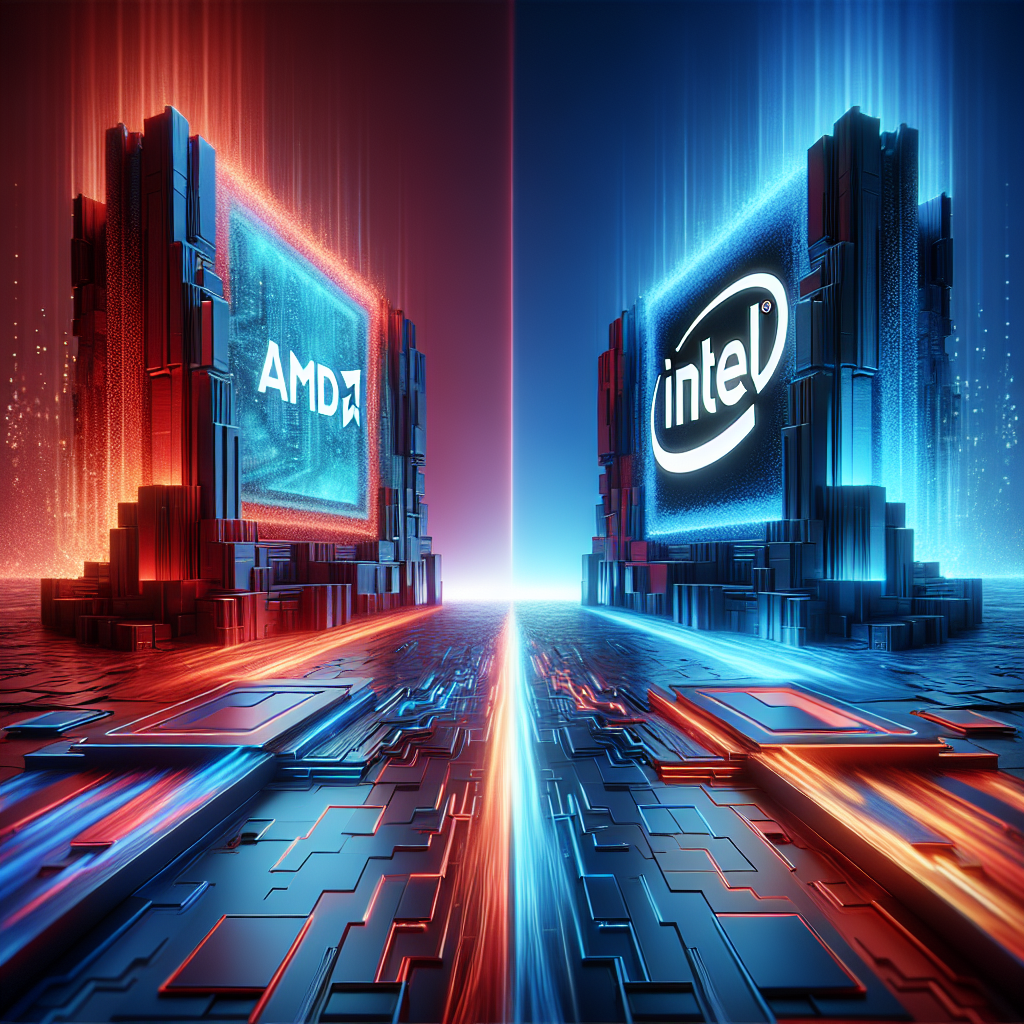AMD and Intel are two of the biggest players in the tech industry, especially when it comes to processors. Both companies have been competing for dominance in the CPU market for decades, each offering a range of products that cater to different needs and budgets. In this article, we will take a comprehensive look at AMD and Intel, comparing their strengths, weaknesses, and overall performance to help you make an informed decision when choosing a processor for your next build.
Performance
When it comes to performance, both AMD and Intel have their strengths. Intel has long been known for delivering top-notch performance, especially in single-threaded applications. Their processors are often favored by gamers and professionals who need high clock speeds and single-core performance. However, AMD has made significant strides in recent years with their Ryzen lineup, offering competitive performance at a lower price point. AMD processors are known for their multicore performance, making them a popular choice for content creators and multitaskers.
Price
One of the biggest factors when choosing a processor is price. AMD tends to offer more budget-friendly options, making them a popular choice for those on a tight budget. Intel, on the other hand, tends to be more expensive, especially for their higher-end processors. However, Intel does offer a wider range of options, so you can find a processor that fits your needs and budget.
Compatibility
When it comes to compatibility, both AMD and Intel processors work with a variety of motherboards, but AMD tends to have better compatibility with older motherboards. AMD also offers more features on their motherboards, such as PCIe 4.0 support. Intel, on the other hand, has more restrictive compatibility requirements, especially when it comes to their higher-end processors.
Overclocking
Both AMD and Intel processors can be overclocked, but AMD tends to offer better overclocking capabilities out of the box. AMD processors are unlocked, meaning you can easily overclock them with the right motherboard and cooling solution. Intel processors, on the other hand, tend to have more restrictive overclocking capabilities, especially with their non-K series processors.
Overall, both AMD and Intel offer high-quality processors that cater to different needs and budgets. AMD is a great choice for those on a budget or those who need multicore performance, while Intel is a solid option for those who prioritize single-core performance and are willing to pay a premium for it. Ultimately, the best processor for you will depend on your specific needs and budget, so be sure to do your research and choose accordingly.


Leave a Reply